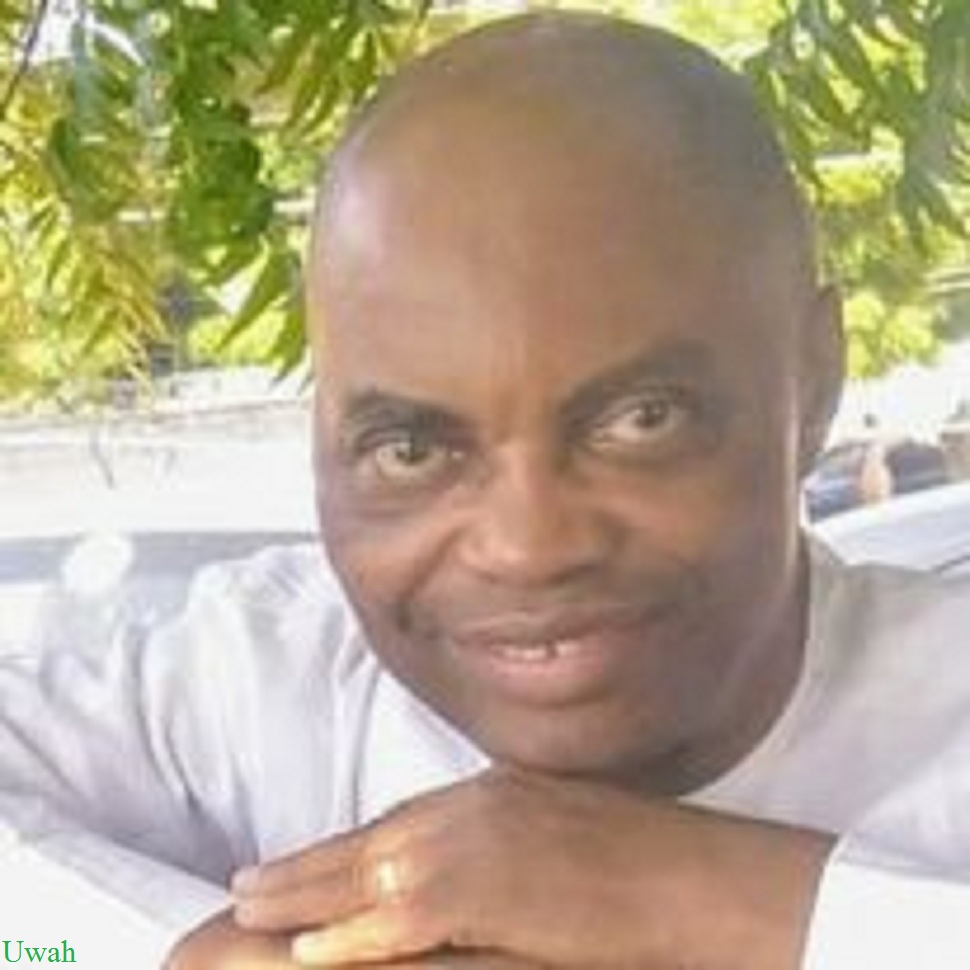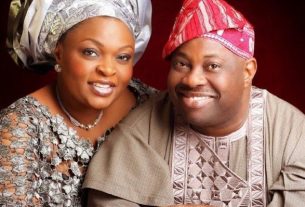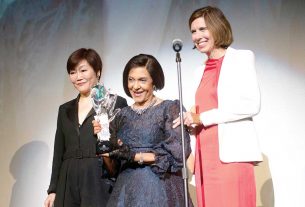

By Banji Ayoola
The Human and Natural Resources Institute has appointed a celebrated poet and author, Mr Victor Emmanuel Uwah, as a Professional Fellow with the permission of its National-Order-in-Council to attach the title FHNR after his name.
His appointment took effect from Saturday May 5, 2021, when simultaneously, the institute, at the Transcorp Metropolitan Hotel, Calabar, Cross River State, conferred on him its 2021 Distinguished Pillar of Integrity Award.
In its letter nominating Uwah for its award, the Institute had said: “We are pleased to inform you that at least three stakeholders from Cross River State from our College of Nominators agree that you are a person of Integrity who has passed through several Integrity and Legacy Tests and come off victorious.
“This letter serves to inform you that you are one of the few residents of Cross River nominated to be a recipient of the 2021 Distinguished Pillar of Integrity Award for 2021. This award also means that after induction, you will become a Professional FELLOW of the Institute with the permission of the National-Order-in-Council of the Institute to attach the title FHNR after your name.”
It was signed by the Registrar/Secretary to the Governing Council of the Institute, Prof J.C. Iorhember.
However, the Institute regretted: “Unfortunately, during the past 60 years, many adult Nigerians, especially those of leadership and other positions of influence and authority have failed the Legacy Test and Integrity Test. The result is that today, Nigeria which is the most endowed nation in Africa is one of the most undeveloped and hungry nations in the world.”
Warning that “this situation must not continue if we are to leave a meaningful legacy for the incoming generations,” it said: “It is in response to this sad reality that the Governing Council of our Institute has decided to focus all the conferences for Year 2021 – 2022 on building positive sustainable legacies for the nation.”
It noted: “One thing that has come out from the two conferences we have held so far this year in Ilorin and Asaba is that passing the Legacy Test does not require one to be perfect. All that is required is self discipline and self belief that one can succeed even without throwing integrity away. Godliness is also a critical factor!”
According to the letter: “Once a human is above 40 years, the most important question he/she must ask himself is: What legacy have I left? And what legacy am I leaving for the future? These are two kinds of legacies we can leave. The first is Structural legacies and the second is Reputational legacies.
“For Structural legacies, we ask ourselves: How have I improved the system, organisation, community or family I belong to? For Reputational legacy, we ask: How am I known in the family, society, community or even the church I belong to?
“Two things can help humans build legacies. They are (1) Diligence and (2) Integrity. Diligence is dedication to duty and hardwork, while integrity is doing such work honestly and responsibly.”
Uwah, whose birthname is Etekamba, a Chief Superintendent of the Nigeria Customs Service, studied Law at the University of Calabar between 1982 and 1985.





